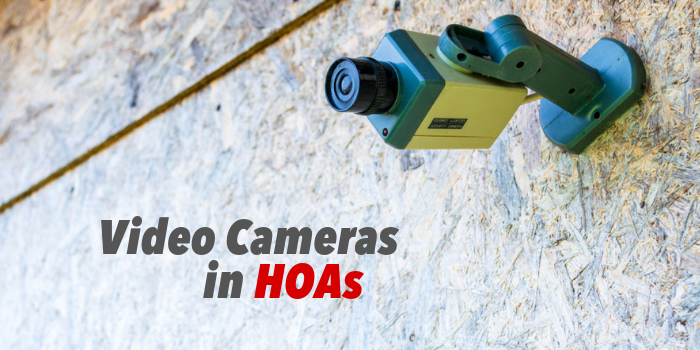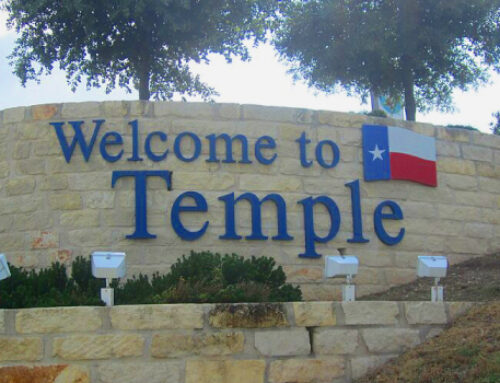Video cameras can be invaluable in helping to deter crime and provide useful evidence for crimes that have been committed. But, before an HOA installs cameras, the board should consider what risks they may be opening themselves up to. Let’s look at how reviewing privacy laws, camera policies, and third-party vendors can help your HOA board confidently decide if and how to use available video camera technology.
Every state is going to have different privacy laws in place, and these should be reviewed before installing cameras. Also, be aware that there are states that require special licensing to review video camera footage. If your state does not have this requirement, your HOA should create a camera policy to provide guidelines for using video cameras. The most appropriate course to take is hiring a third-party vendor to control the recordings and house the footage to help avoid any future litigation against the board.
Depending on the governing documents, an HOA may be able to restrict homeowner’s ability to use video cameras on their lots. For instance, the board could require homeowners submit an ACC request for camera installation or regulate the size and placement of any cameras on residences.
Hopefully, this overview of HOA video cameras is useful to your board as you strive to make your neighborhood a great place to live.








